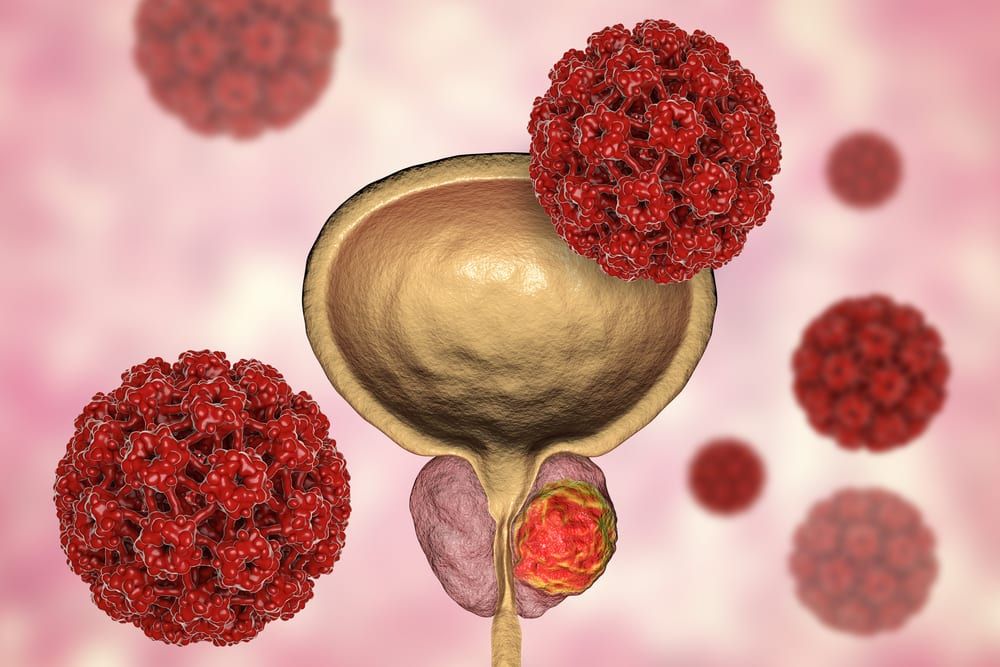The majority of men and women will have an HPV infection at some point in their life, and it’s not unusual for repeat infections to occur. HPV, or Human Papillomavirus, is a prominent reproductive tract infection. Most people will acquire this infection not long after they become sexually active, though penetrative sex is not a requirement to become infected. Bare skin contact between the genitals is sufficient to transmit it. The most prominent risk associated with HPV is cervical cancer, which Is the most common disease connected to HPV infection.
Who’s At Risk For Cervical Cancer From HPV Infection?
Studies of cervical cancer reveal that 570,000 new cases occur every year, with 311,000 deaths occurring worldwide. While over 85% of these deaths occur in regions of the world that are less developed, identifying cervical cancer early is critical to a high survival rate. In patients with a normal immune system, it can take up to 20 years for cervical cancer to make an appearance. Those who have a compromised immune system can see the onset of cervical cancer in as little as five years. Things that increase your risk of contracting cervical cancer include:
Type of HPV
Only a few types of HPV directly cause cancer, and which type you have will determine your risk.
Immune Status
Those who have a compromised immune system are at greater risk of developing cervical cancer, and will transition from pre-cancerous to cancerous quicker.
Other Infections
If HPV is present along with chlamydia, gonorrhea, herpes simplex, or a selection of other diseases, the risk of cancer goes up.
Lifestyle Choices
Tobacco use has been shown to greatly increase the risk of cervical cancer.
Patients concerned with their risks of developing cervical cancer should speak to their physician. They’ll go over your lifestyle, your medical and sexual history, and determine what your risks are and what can be done to manage those risks.
Questions To Present To Your Women’s Health Care Provider About HPV
The next time you see your physician about women’s health, there are a number of questions you can ask. Each of these questions can help set your mind at ease and understand the risks associated with HPV infection. These questions include:
Does an abnormal pap test indicate HPV?
Abnormal cells in your pap smear do not immediately indicate HPV or cervical cancer.
Will a Pap test and HPV test be done together once I’m 30?
In most cases, you will receive both of these tests together, though you can opt to have a pap smear every three years instead.
Does the HPV test reveal which type of HPV I have?
The test explicitly tests for those types of HPV that cause cervical cancer.
If it’s revealed that I have HPV, what happens next?
The next step involves a colposcopy to check for abnormal cells on your cervix, vulva, and vagina.
If you have more questions about HPV and what you can do to protect yourself from cervical cancer, contact our offices today. Our staff will arrange an appointment for you with one of our women’s health practitioners to talk to you about HPV and cervical cancer. We’ll help you prepare to make the most of your first visit and welcome you to our patient family.

